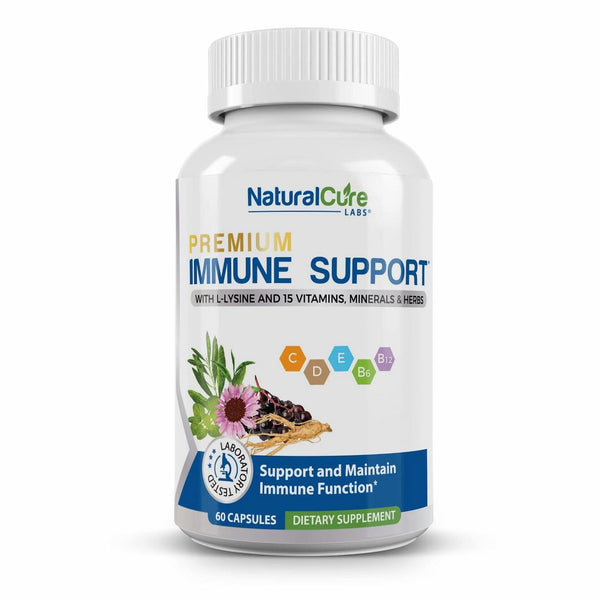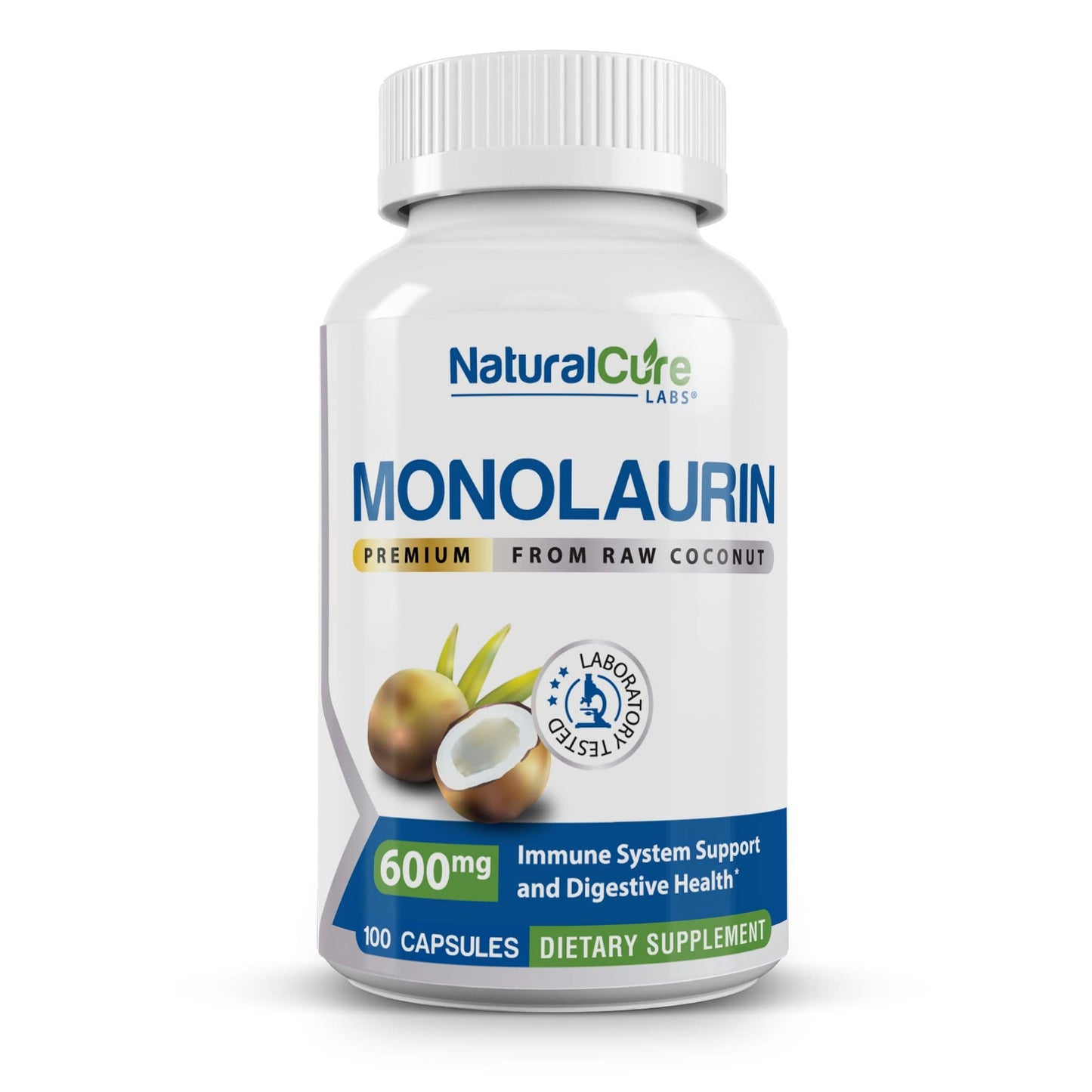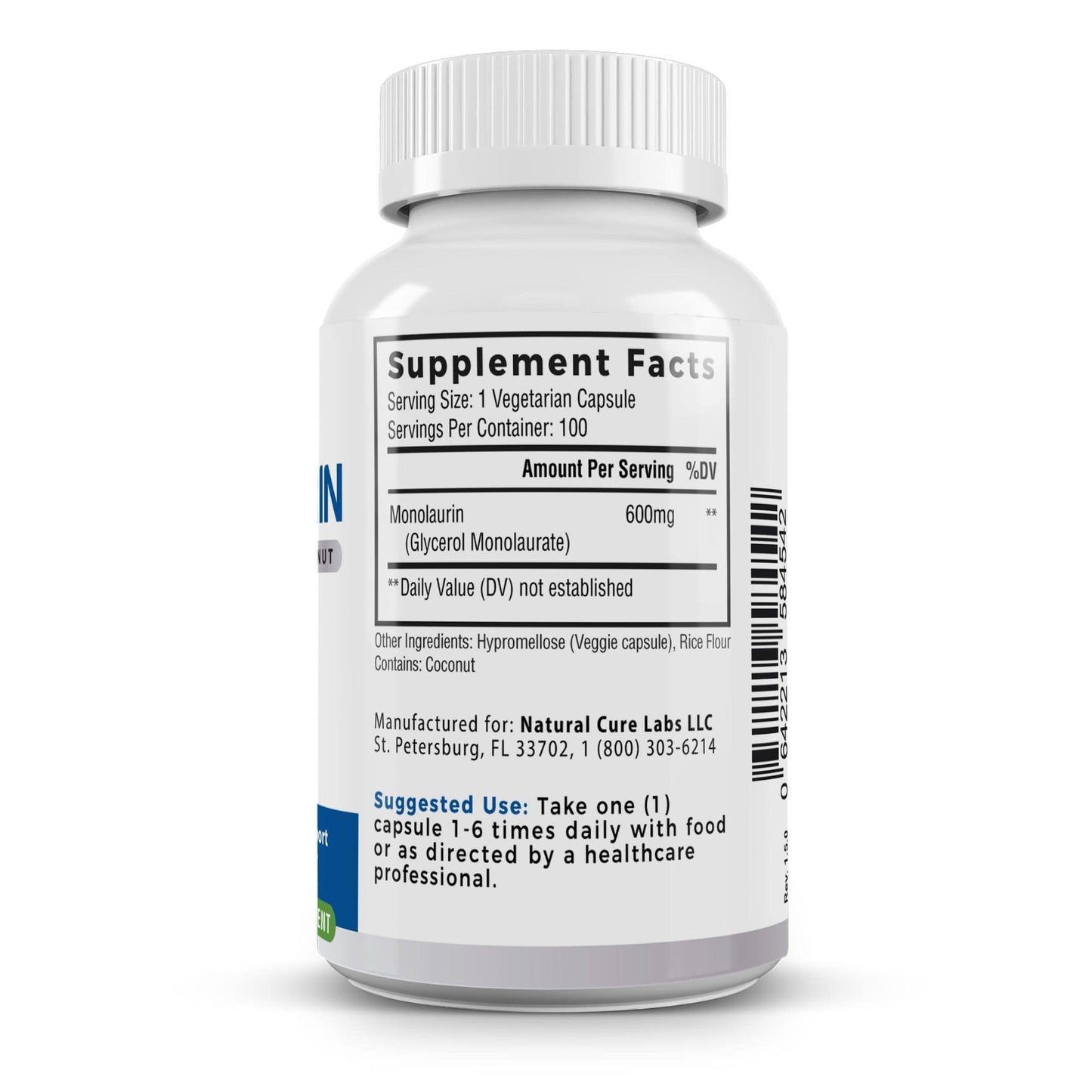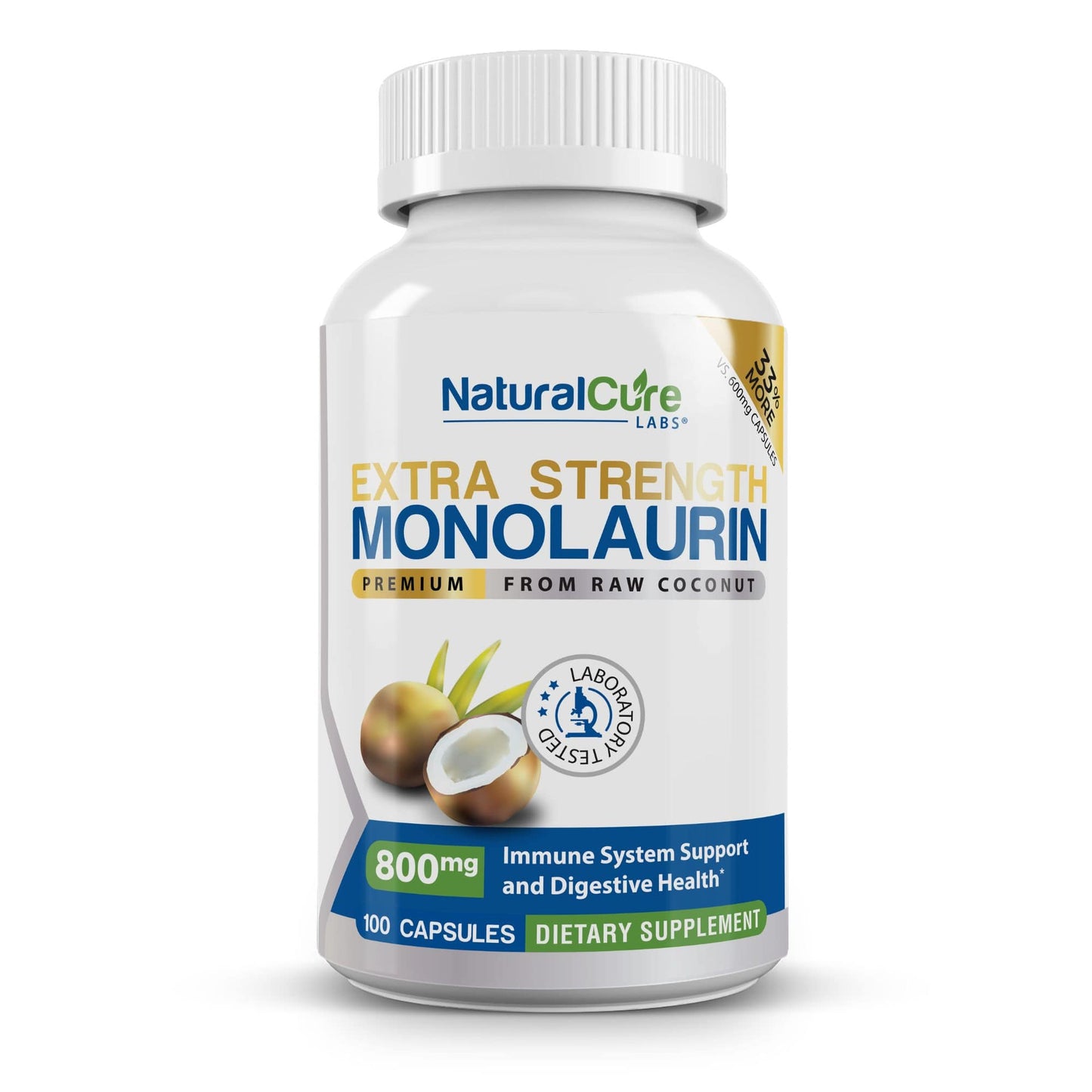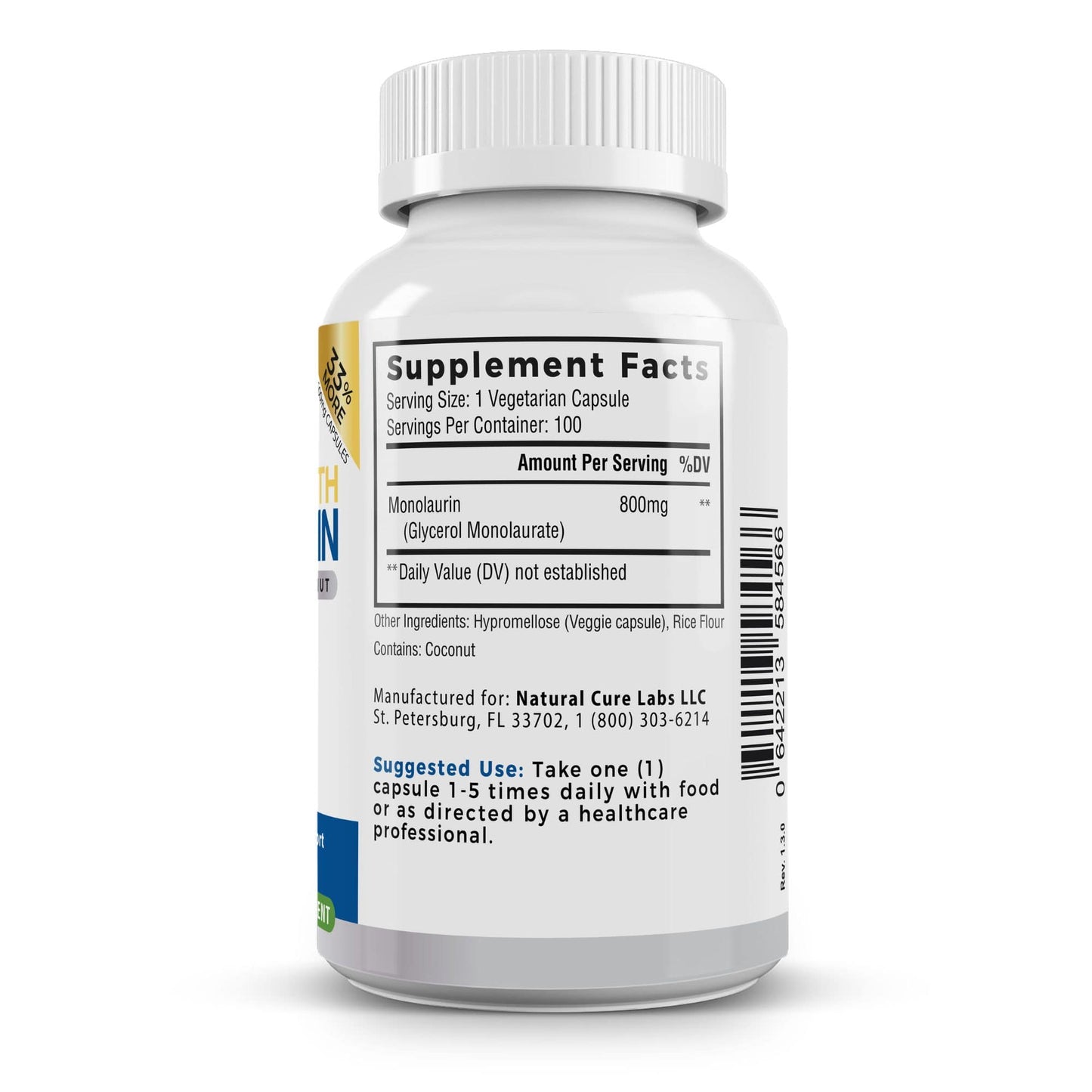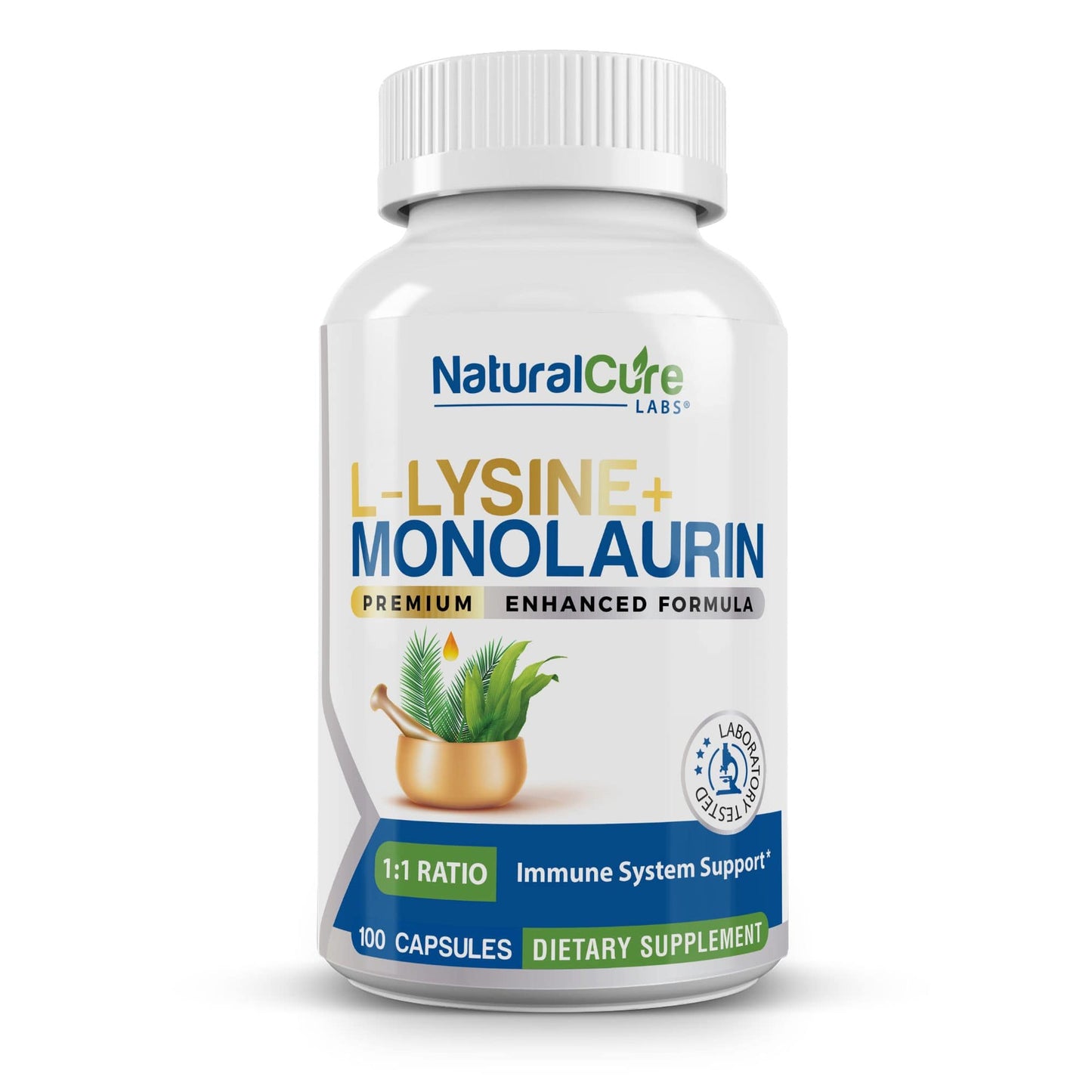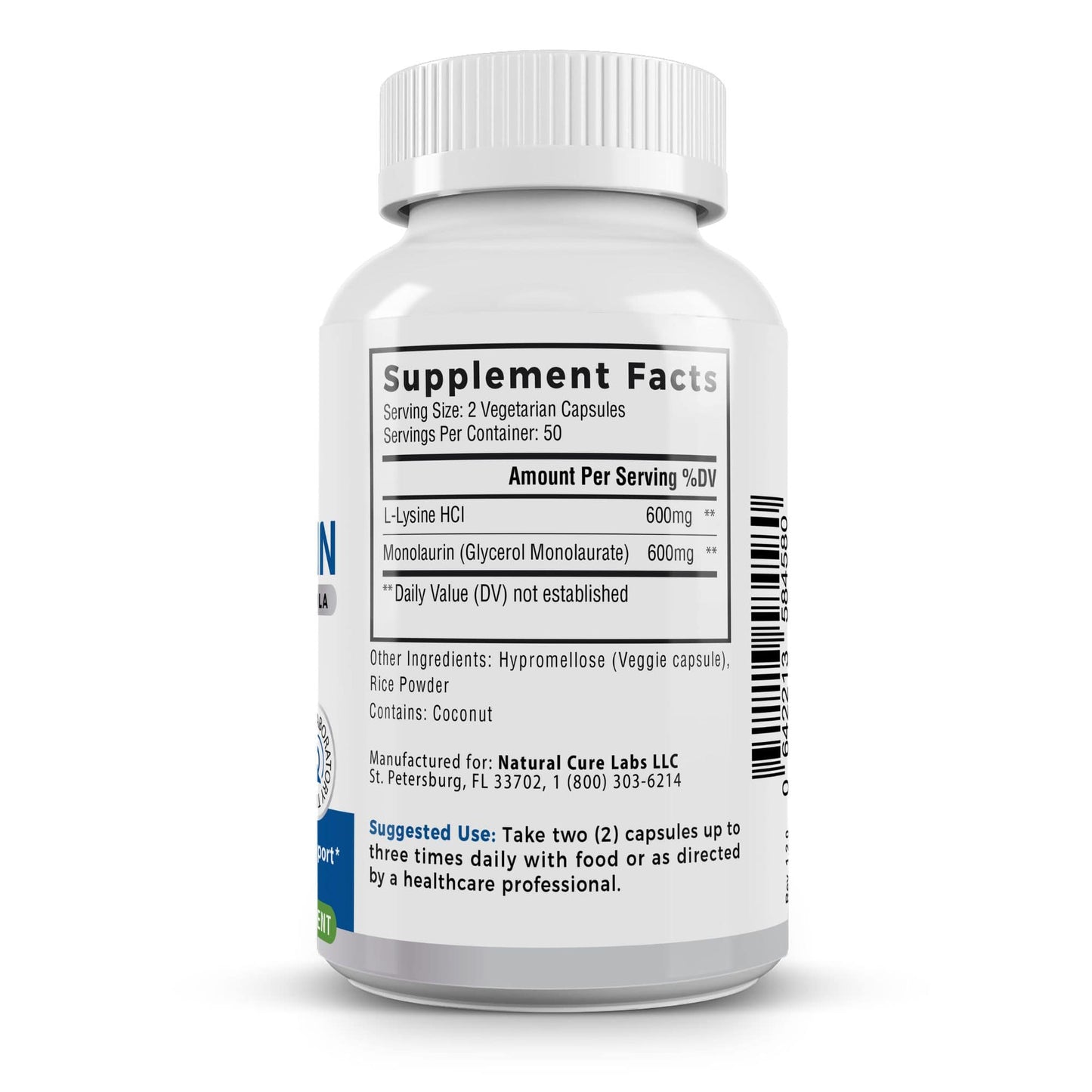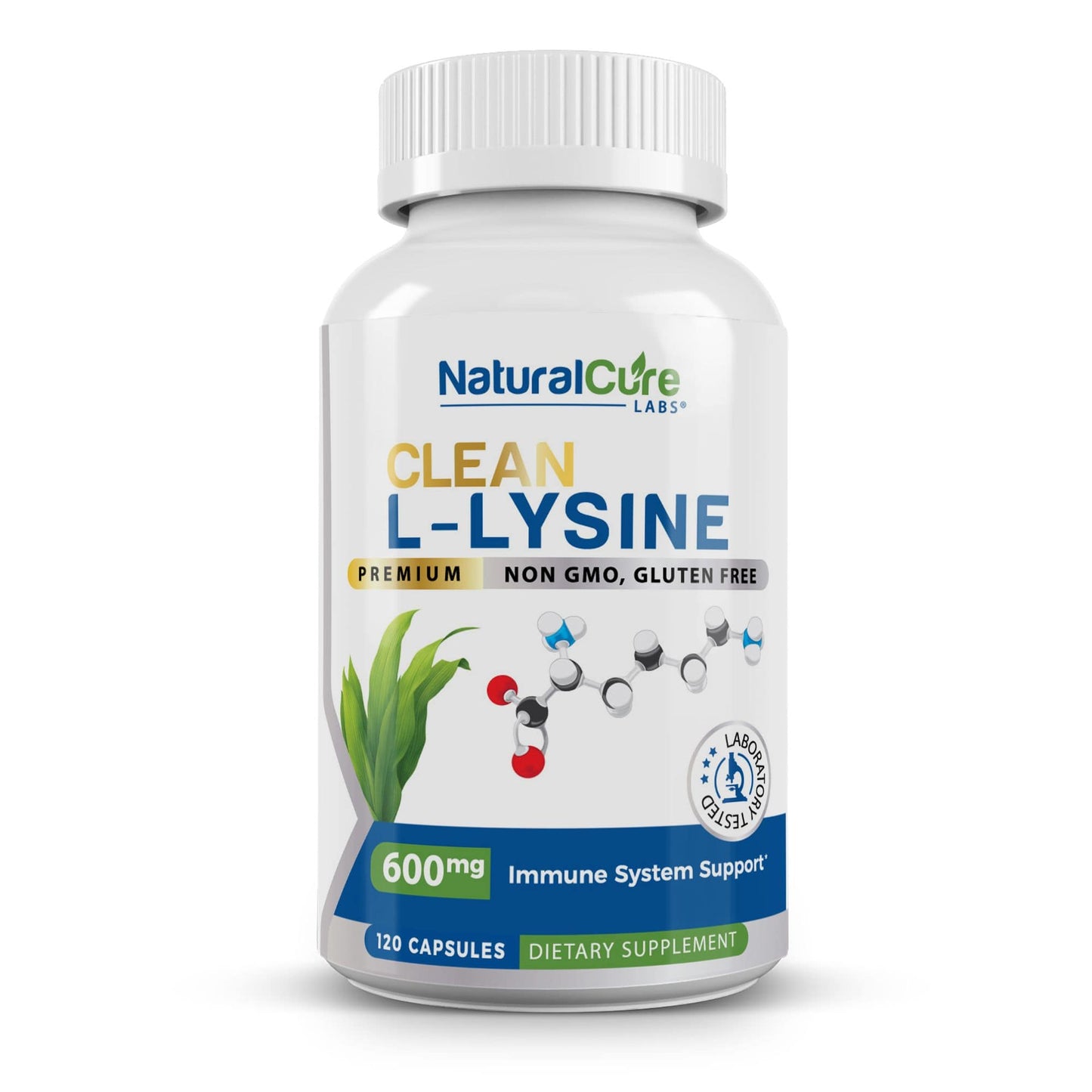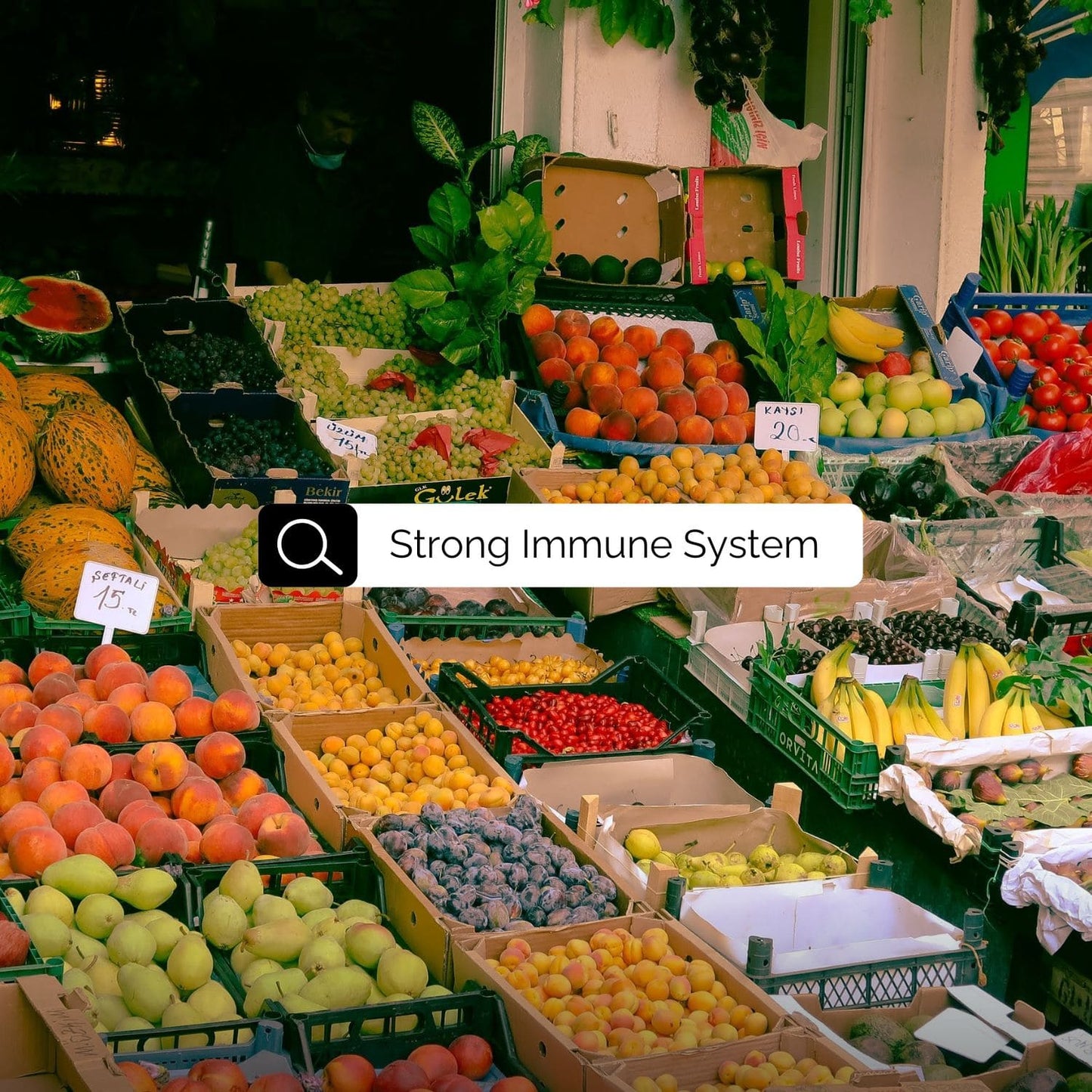
🔍 Last updated April 1, 2024
📚 11 citations
📖 7 minute read
About the Author:

Dr. Patricia Shelton, MD, has been a medical communicator and educator since 2014. She holds a Doctor of Medicine degree and a Bachelor's degree in Neuroscience, both from the University of Washington in Seattle.
--
Your immune system is the source of your body's defensive strength. A strong immune response can protect your body against harmful microorganisms that threaten your well-being.
Jump To:
- What is the Immune System?
- Why is a Healthy Immune System Important?
- Signs of a Weak Immune System
- Tips for a Strong Immune System
- Final Thoughts
- References
A good indicator of your overall health is the state of your immune system. That's why supporting and nurturing your immune function is critical - it impacts all facets of your well-being.
Keep reading, and we'll share three indications of a strong immune system and some tips for keeping it in excellent shape.
See Related: 5 Things That Can Weaken Your Immune System
What is the Immune System?
Your immune system is a complex collection of organs, cells, and proteins that protect your body from harmful invaders. Whenever a threat is detected, various types of white blood cells work in harmony to keep you healthy.
Your immune functions can be divided into two main branches: the innate immune system and the adaptive immune system. While humans are born with innate immunity, adaptive immunity is developed over time.
After physical barriers like your skin, your innate immune system is your body's first line of defense against harmful microorganisms. As your acquired immune system develops, it can launch tailored attacks against specific types of microorganisms. In addition, if your innate system falls short, your adaptive system is able to step up to protect you from invaders.¹
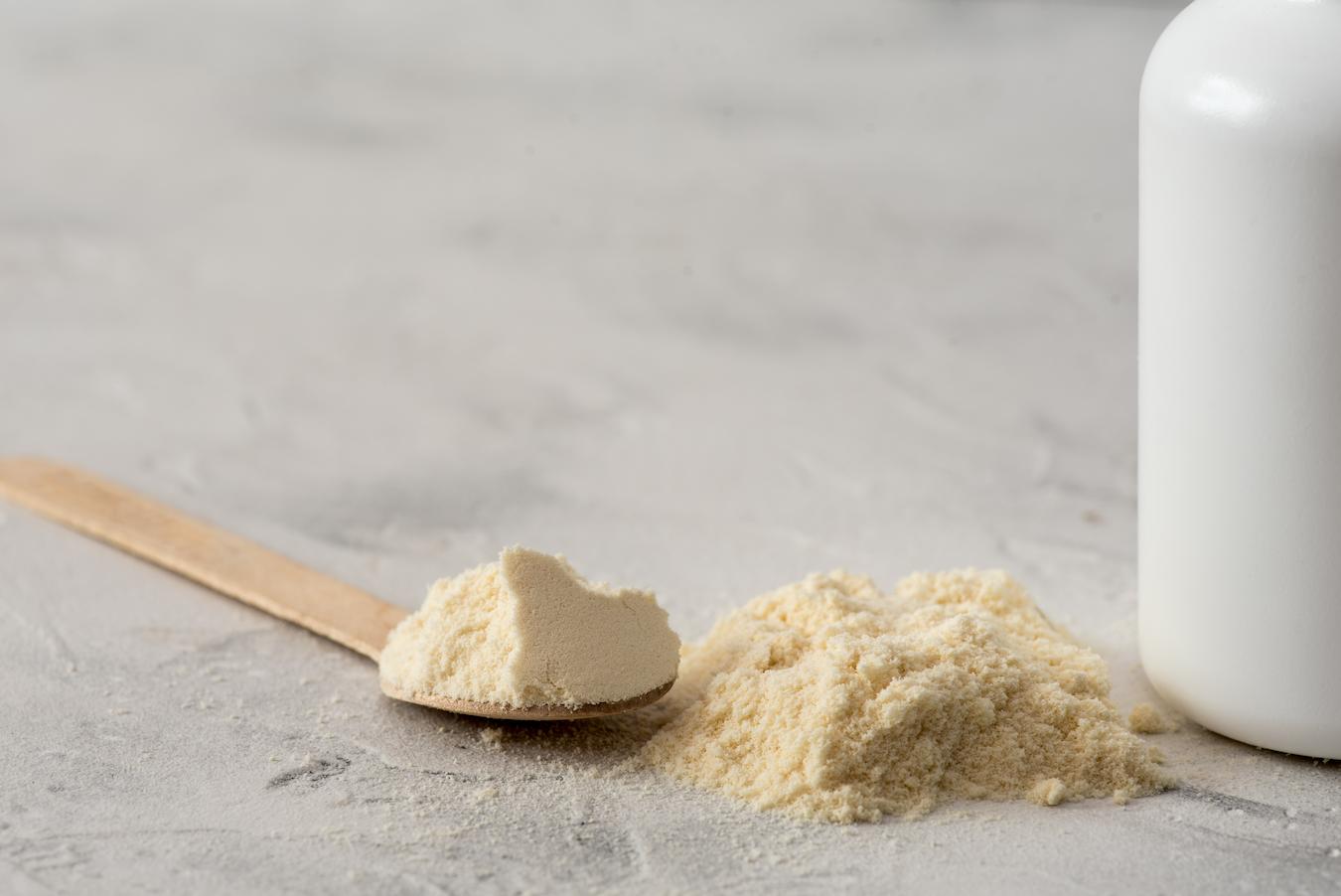
Bonus: What Can Tattoos Do To Your Immune System?
Why is a Healthy Immune System Important?
Your immune system is responsible for identifying changes in your environment and responding appropriately. It needs to stay flexible to accurately and swiftly distinguish between self and non-self and what is harmless and dangerous.
A healthy immune system is vital for your overall health. When it's operating as it should, it keeps you safe and protected from harmful microorganisms, while leaving your own healthy tissues untouched. However, when your immune system isn't working properly, it can launch unnecessary attacks against your own healthy cells or can fail to respond to harmful microorganisms.²
Signs of a Weak Immune System
When your immune response is compromised, it can negatively impact your overall health. If you frequently experience illnesses like colds, diarrhea, or skin infections, it could be a sign of a weak immune system.³
High stress levels are strongly linked to a weakened immune system. According to a report by the American Psychological Association, chronic stress can weaken the immune system's response. Stress can also have adverse effects on the cardiovascular, respiratory, and gastrointestinal systems.⁴
Tips for a Strong Immune System
Although genetics and your childhood environment play a role in determining how strong your immune system is, your lifestyle also has a significant impact. Healthy practices and lifestyle changes could contribute to a strong immune system by supporting its critical functions.
Below are three ways to help keep your immune system thriving.
#1. You Follow a Healthy Diet

You've likely heard it a million times - you are what you eat. This saying is so common because it's mostly true. The foods you eat can significantly impact your overall well-being.
Eating a healthy, well-balanced diet may help support essential immune function. Many healthcare professionals recommend "eating the rainbow" by including fresh fruits and vegetables of a variety of different colors in your daily diet. Citrus fruits, leafy greens, whole grains, and other healthy foods are essential.⁸ ⁹
Foods rich in vitamins like vitamin D and vitamin C can help give your immune system the nutrients it needs to thrive. 5 Omega-3 fatty acids, which come from foods like salmon and nuts, are also known for their immune-boosting properties. 7 Enhancing your daily routine with botanical-based supplements may also help keep your immune system strong. ‡
At Natural Cure Labs, we create science-backed immune products made with premium, naturally sourced ingredients. Our supplements come with a clean label and are 100% USA blended and bottled. From our Premium Andrographis Extract to our Biofilm Immune Complex, each formula is carefully crafted with botanicals and plant-based ingredients that support a healthy gut microbiome and help support your immune system. ‡
Natural Cure Labs is an award-winning company trusted by over 90,000 customers for years. With over 3,000 public reviews, our reputation and dedication to quality speak for themselves. ‡
"Perfect all-around immune system support. I tried this product for the first time this year. Previously I had been taking a combination of 2-3 different supplements. This is the PERFECT combination of all of them! I will continue to reorder often."
Luca M. on Feb 18, 2020
#2. You Get Enough Sleep and Wake Up Feeling Refreshed
Sleep and immune function have a powerful relationship. Adequate sleep can help maintain good immune system health in addition to allowing you to wake up feeling refreshed each morning!
A good night's sleep and a consistent schedule can help regulate your immune system naturally. In particular, deep sleep can support your body's ability to repair and recuperate, which is especially crucial for your immune health.⁶
To get enough deep sleep, it’s important to ensure that you’re spending around eight hours sleeping each night. It’s also important to pay attention to the quality of your sleep – if your sleep is frequently interrupted, then you won’t be able to reach the deeper stages of sleep.
Sleep can be interrupted by many different things, including sounds, light, being too hot or too cold, or being hungry during the night. If you’re not well-rested after spending eight hours in bed, then chances are that your sleep is being interrupted during the night, even if you don’t remember this happening. Try to pay attention to factors that could interrupt your sleep and address these to get higher-quality sleep.
#3. You Prioritize Gut Health
Research shows that a healthy gut can help improve overall health. The "good" bacteria in your digestive system, which are collectively known as the gut microbiome, help support your overall health, including immune system health. In fact, 70-80% of essential immune cells are found in the gut.
Prioritizing gut health may help to strengthen your immune system. A fiber-rich diet can support your microbiome, which is intricately intertwined with your immune system. This is because your own digestive system can’t process fiber, so it passes through and feeds your gut bacteria. Try to make sure that you’re eating enough fiber each day to support your gut microbiome. Fiber is generally found in minimally processed whole plant foods, such as fruits, vegetables, and whole grains.
A diverse spectrum of bacteria in your gut can indicate a robust immune system.¹⁰ ¹¹ Eating a variety of different healthy foods can help support a diverse gut microbiome. Try to ensure that you’re not falling into a “food rut” but are eating a wide variety of foods to feed different bacterial species.
Final Thoughts
Paying attention to your lifestyle is key to supporting the health of your immune system. A healthy diet, quality sleep, and prioritizing good gut health may help boost your immune system and keep you healthy for years to come!
Keep Reading: The Adaptive Immune System: An Overview
--
References
- InformedHealth.org [Internet]. Cologne, Germany: Institute for Quality and Efficiency in Health Care (IQWiG); 2006-. The innate and adaptive immune systems. [Updated 2020 Jul 30]. Available from: https://www.ncbi.nlm.nih.gov/books/NBK279396/
- Nicholson L. B. (2016). The immune system. Essays in biochemistry, 60(3), 275–301. https://doi.org/10.1042/EBC20160017
- Chaplin, D. (2010). Overview of the Immune Response. J Allergy Clin Immunol. 2010 Feb; 125(2 Suppl 2): S3–23. DOI: 10.1016/j.jaci.2009.12.980
- Segerstrom, S., & Miller, G. (2004). Psychological Stress and the Human Immune System: A Meta-Analytic Study of 30 Years of Inquiry. Psychol Bull. 2004 Jul; 130(4): 601–630. DOI: 10.1037/0033-2909.130.4.601
- Aranow C. (2011). Vitamin D and the immune system. Journal of investigative medicine : the official publication of the American Federation for Clinical Research, 59(6), 881–886. https://doi.org/10.2310/JIM.0b013e31821b8755
- Besedovsky, L., Lange, T., & Born, J. (2012). Sleep and immune function. Pflugers Archiv : European journal of physiology, 463(1), 121–137. https://doi.org/10.1007/s00424-011-1044-0
- Gutiérrez, S., Svahn, S. L., & Johansson, M. E. (2019). Effects of Omega-3 Fatty Acids on Immune Cells. International journal of molecular sciences, 20(20), 5028. https://doi.org/10.3390/ijms20205028
- Childs, C. E., Calder, P. C., & Miles, E. A. (2019). Diet and Immune Function. Nutrients, 11(8), 1933. https://doi.org/10.3390/nu11081933
- Munteanu, C., & Schwartz, B. (2022). The relationship between nutrition and the immune system. Frontiers in nutrition, 9, 1082500. https://doi.org/10.3389/fnut.2022.1082500
- Wiertsema, S. P., van Bergenhenegouwen, J., Garssen, J., & Knippels, L. M. J. (2021). The Interplay between the Gut Microbiome and the Immune System in the Context of Infectious Diseases throughout Life and the Role of Nutrition in Optimizing Treatment Strategies. Nutrients, 13(3), 886. https://doi.org/10.3390/nu13030886
- Wu, H. J., & Wu, E. (2012). The role of gut microbiota in immune homeostasis and autoimmunity. Gut microbes, 3(1), 4–14. https://doi.org/10.4161/gmic.19320
‡ These statements have not been evaluated by the Food and Drug Administration. This product is not intended to diagnose, treat, cure, or prevent any disease.
--
Natural Cure Labs provides dietary supplements made from naturally derived ingredients. Our research-backed products contain premium botanicals and antioxidants that encourage healthy living and holistic wellness. Each high-quality product comes with a Clean Label that certifies our commitment to quality, transparency, and research. To stay connected and learn more, follow us on Facebook, Instagram, and TikTok.

